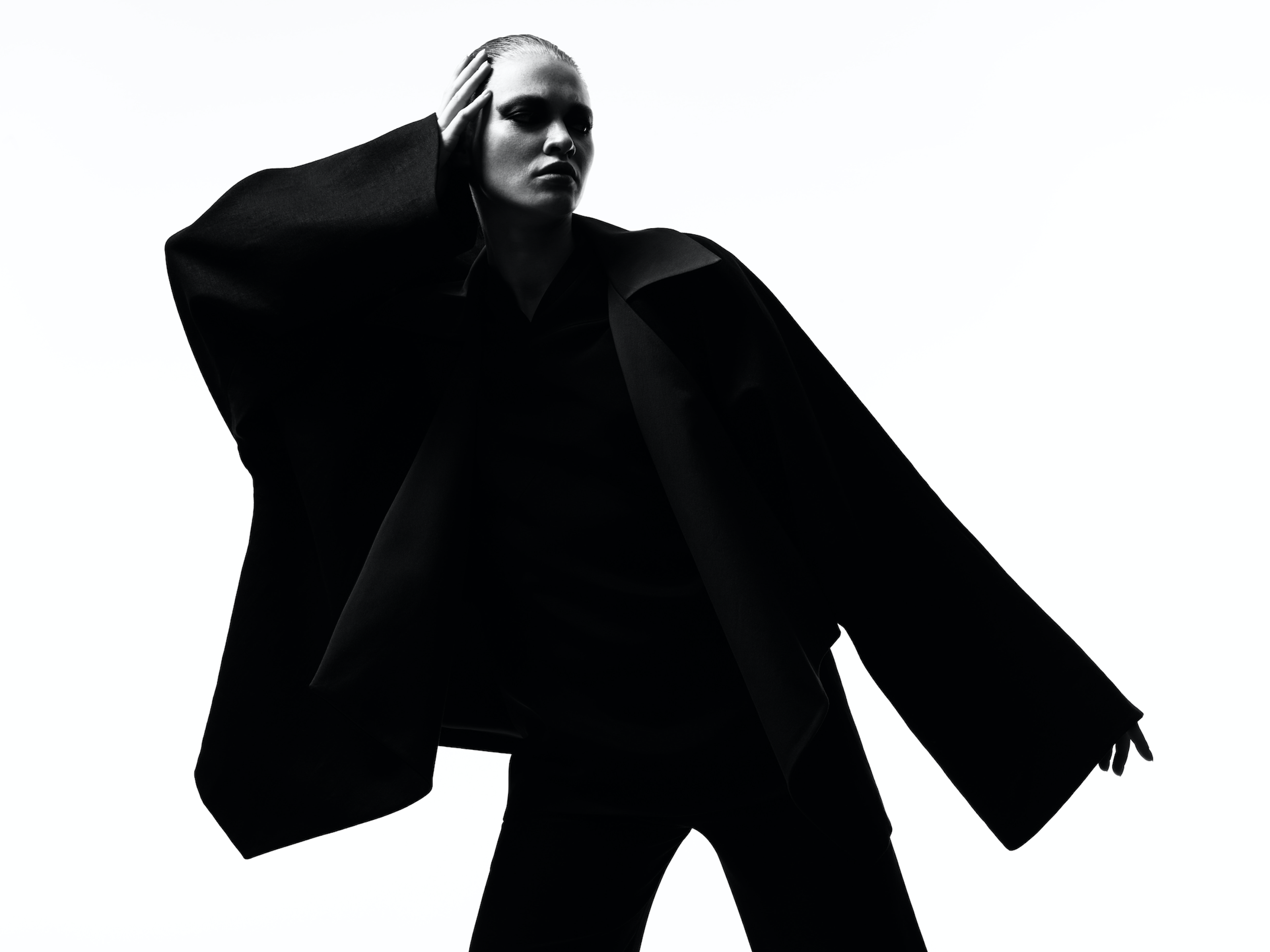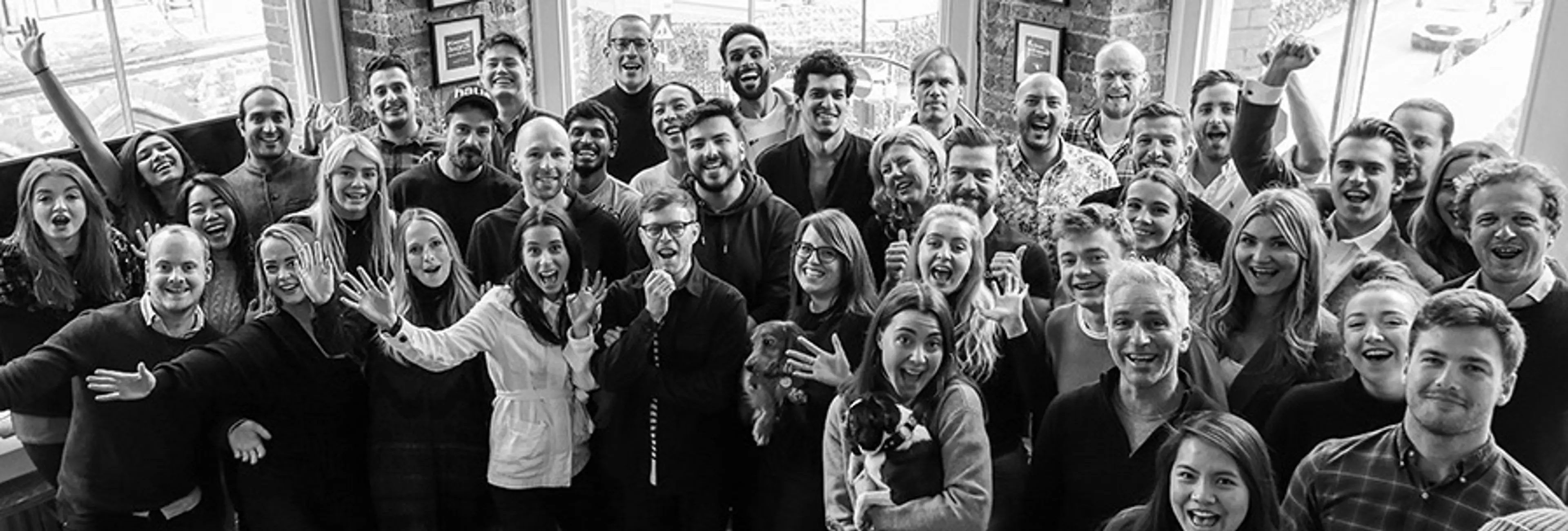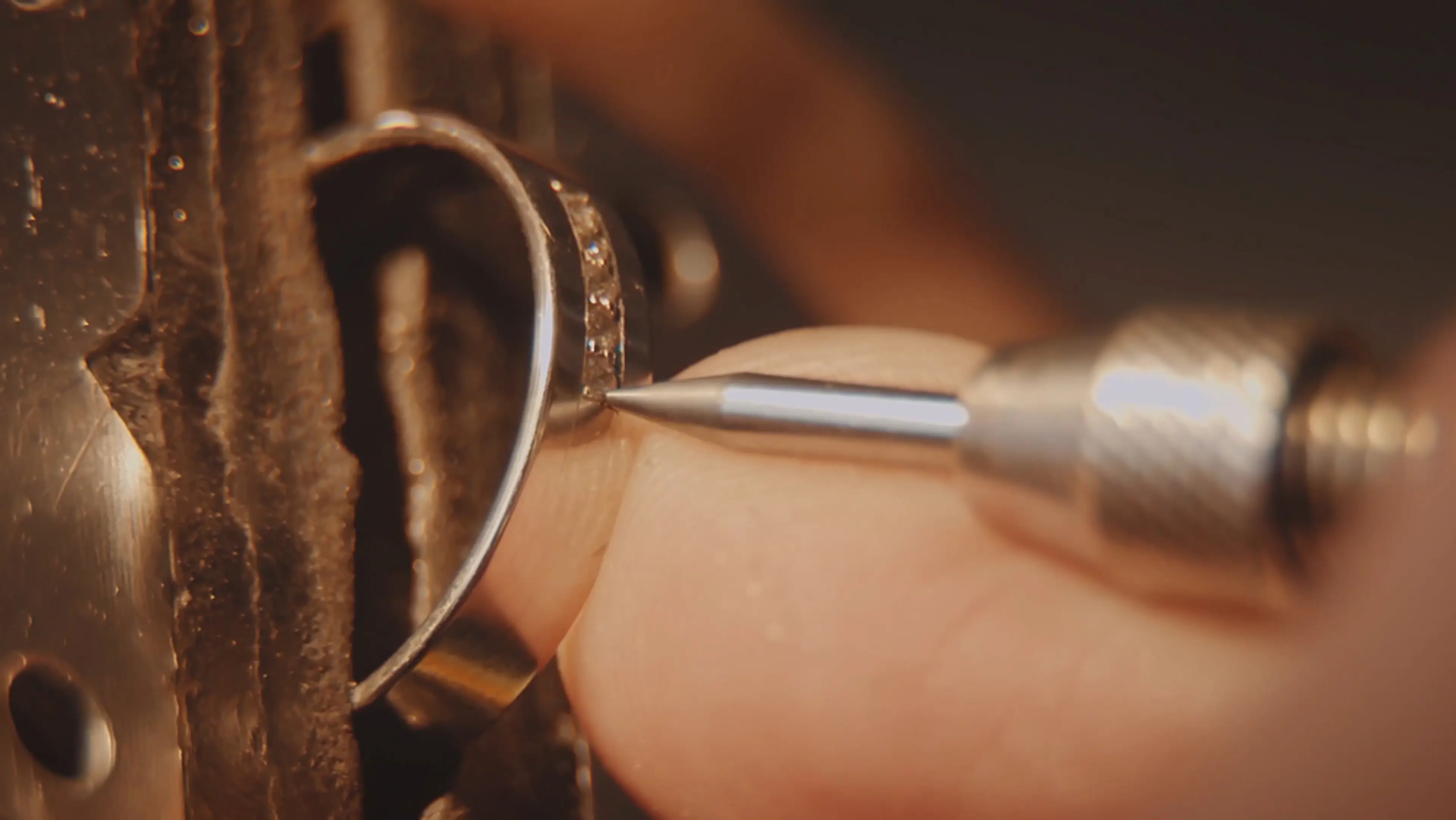
Luxury Commentary
1 Sept 2022
5 Min Read
Illuminating the Next Generation of Luxurians
Leading trends intelligence agency and MOF client Stylus published a report earlier this year identifying a number of new psychographics shaping the luxury landscape. Below we shine a light on how forward-thinking brands are already catering to four kinds of new consumer and how yours can do the same.



Retail & Luxury Goods
Hospitality & Travel
Brand & CX
Luxury Commentary






